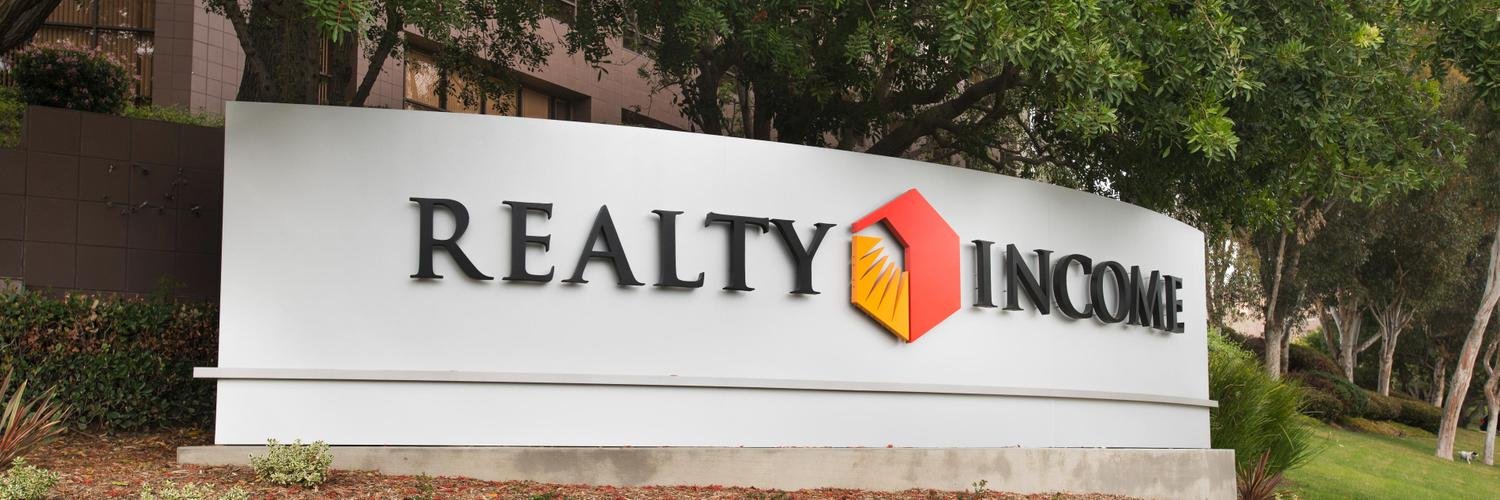

Realty Income Corp
NYSE:O

Intrinsic Value
The intrinsic value of one
 O
stock under the Base Case scenario is
hidden
USD.
Compared to the current market price of 66.095 USD,
Realty Income Corp
is
hidden
.
O
stock under the Base Case scenario is
hidden
USD.
Compared to the current market price of 66.095 USD,
Realty Income Corp
is
hidden
.
Valuation History
Realty Income Corp

O looks overvalued. Yet it might still be cheap by its own standards. Some stocks live permanently above intrinsic value; Historical Valuation reveals whether O usually does or if today's premium is unusual.
Learn how current stock valuations stack up against historical averages to gauge true investment potential.

Let our AI compare Alpha Spread’s intrinsic value with external valuations from Simply Wall St, GuruFocus, ValueInvesting.io, Seeking Alpha, and others.
Let our AI break down the key assumptions behind the intrinsic value calculation for Realty Income Corp.
Fundamental Analysis
Revenue & Expenses Breakdown
Realty Income Corp

Earnings Waterfall
Realty Income Corp

The intrinsic value of one
 O
stock under the Base Case scenario is
hidden
USD.
O
stock under the Base Case scenario is
hidden
USD.
Compared to the current market price of 66.095 USD,
 Realty Income Corp
is
hidden
.
Realty Income Corp
is
hidden
.


